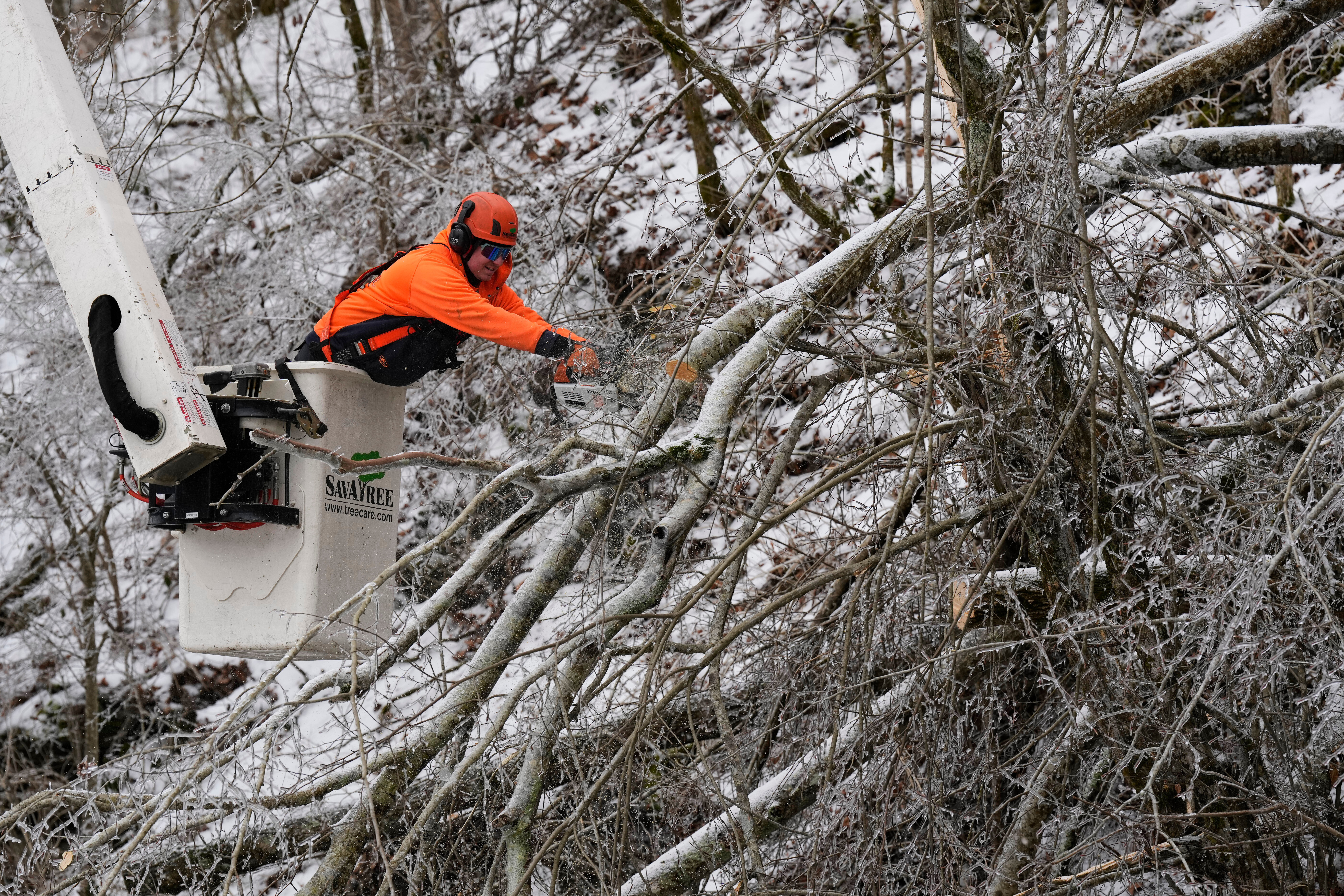Violence in China's Xinjiang region last week left close to 100 people dead, according to reports on Sunday.
Chinese state media says the killings —which it attributes to a terrorist attack— happened on Monday, and that the dead include 37 civilians and 59 terrorists. (Via Xinhua)
"They also attacked civilians and smashed vehicles as they passed, using roadblocks to stop vehicles. Car passengers were then attacked." (Via CCTV)
Those state media reports, which closely mirrored each other, attributed the attacks to terrorists both inside and outside China, and pointed to a man named Nuramat Sawud as the mastermind. (Via Getty Images)
But, as The Wall Street Journal reports, little is known about Sawud who is "described as the local leader of the movement and responsible in the past year for spreading audio and video calls for separatism and religious extremism."
Xinjiang region, where the attacks took place, has a large population of Uighurs, a predominately Muslim ethnic group that has long struggled with the Chinese government over independence. (Via Google)
Some have attributed the recent spate of violence in Xinjiang to restrictions imposed on Uighurs by the government, which prevented many from observing the traditional fasting that happens during the recent month of Ramadan.
The state-approved imam of Id Kah Mosque in the nearby city of Kashgar, who the BBC reports was a vocal supporter of government policies in the region, was stabbed to death as he left the mosque on Wednesday. Then, on Friday:
"Nine suspects have been shot dead by Chinese police in Xinjiang province; that's according to state media reports." (Via Al Jazeera)
And in May, 31 people were killed when two SUVs were driven into an open air market in Urumqi, the region's capital, an attack that was also chalked up to terrorists. (Via CNN)
It's the most violence the region has seen in years, since clashes five years ago in Urumqi left almost 200 dead. (Via Getty Images)
The delay between events and when they're reported is characteristic given Chinese government control over media, which the Financial Times reports has been tightened since protests in Hong Kong.
And the new restrictions are somewhat ambiguous as "None of the key terms used – including state secrets, commercial secrets and unpublicised information – were defined."
Xinjiang is currently seeing a year-long "terrorism crackdown" started by police after that attack in May.










